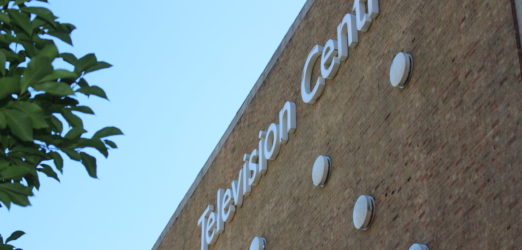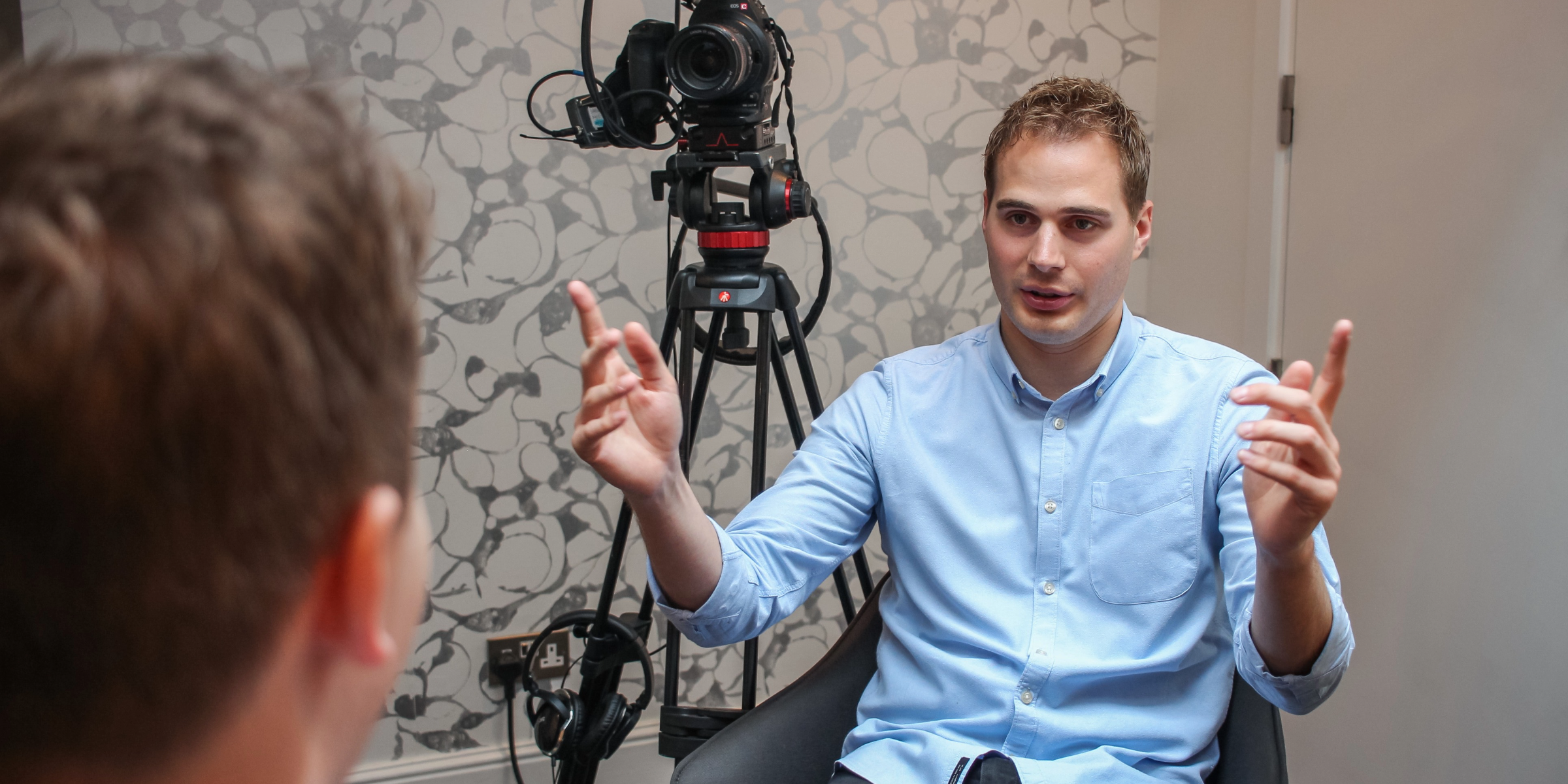Sometimes you can’t see the wood for the trees. That’s what sprung to mind the other day, when we were asked, by a seasoned PR professional, to go back to basics and explain exactly what we meant by a radio day. We’ve been going as a specialist broadcast PR agency for 18 years and the sector has evolved significantly during this time. Perhaps it is time, then, for clarification about what broadcast PR means today.
What is broadcast PR
A radio day (which I’ll expand on below) is just one aspect of broadcast PR. The latter is really an umbrella term that covers any and everything needed to secure coverage for a brand on radio, TV and some areas online. This encompasses media relations, video and podcast production, media training and all the technical support you occasionally need such as specialist filming, Outside Broadcasts or streaming. Everything in fact that we, as broadcast PR specialists, offer.
Broad by name and broad by nature, coverage on television and radio means your campaign reaches mass audiences.
Television coverage
Often the pinnacle of a PR campaign, television is hard won. It’s not easy, despite the fact that all our team have worked in national broadcasting, therefore we have the know-how and the contacts to get a story on-air. We place clients on national, international and regional television channels.
In the eighteen years since Shout! Communications was set up, the type of coverage you should expect has changed. Pre-recorded packages have been replaced in part by live interviews, either on the studio sofa (particularly pre-pandemic) or on location. Live television is cheaper. At most it’s the cost of a journey to send a cameraman to the spokesperson, or a car to bring a guest into a studio.
Since the pandemic the world has, of course, embraced Zoom. And this is even easier for broadcasters. Not only is it extremely cost effective, it’s quick, meaning stories can be dropped or added to news programme running orders at the drop of a hat. Guests are beginning to creep into some TV studios, but in general we feel Zoom interviews are here to stay. For bigger stories broadcasters will up the ante and use resources to go on location. But often PR generated campaigns are not “must-have” stories. We must therefore encourage our campaign spokespeople to be prepared for last minute, online interviews. Those that are keen, agile and with a flexible diary, are likely to get the most TV coverage.
For more about our television PR service click here https://shoutcommunications.co.uk/what-we-do/broadcast-media-relations/tv-media-relations/.
Radio days
Covid-19 has transformed radio PR services more than anything. Ultimately the pandemic has made radio studios redundant. For the nearly two decades that we have operated as a specialist broadcast PR agency we have had a studio, with an ISDN line that provided broadcast quality sound for radio PR interviews. The only provider of ISDN was BT and a few years ago they decided to phase it out, encouraging users like us to move our technology onto broadband. We adapted our studio equipment accordingly, and if there hadn’t been a pandemic we’d have stopped using ISDN in the next year or so.
Covid-19 pushed radio days completely online and from March 2020 we have conducted them via Zoom and Facebook, the latter being preferred by the BBC. As we ease out of the pandemic we have invested in portable equipment and are now offering, for clients who want to meet up face to face, the option of a pop-up radio studio.
We have closed our own radio studio. Some independent studios, that PR agencies hired out, have closed, but some are still going. That said, these studios are diversifying, pushing other services, such as podcast recording or advertising production instead.
We’re sure some of our competitors will tell you a radio studio is essential again – but they’ll be the ones with the long leases!
For more about our radio PR service click here https://shoutcommunications.co.uk/what-we-do/broadcast-media-relations/radio-public-relations/.
Spokespeople sourcing
Having an excellent spokesperson is crucial for broadcasting. Radio and television journalists can be unforgiving if they’re not. It depends on the story, but often the best spokesperson is a third party – an expert in their field, a celebrity, a psychologist….. There are lots of options for this and we can help you find the perfect one. We have a bulging little black book of contacts, of tried and tested spokespeople. Or we will put on our journalist hats and research new ones for you.
We will often position two guests for one story, one a corporate spokesperson, the other a third party. Either way they need to know how to perform for broadcast, which leads me neatly on to media training.
Media training
A successful broadcast interview, on radio or television, involves the combination of two things. First you need to give the journalist the content they want. You want your spokesperson to be a return guest, not a one-off. Therefore they need to understand how to please a broadcast journalist. But there’s no point doing just that. The second thing you learn with our broadcast media training is how to weave in your key messages and marketing goals.
As former broadcast PR journalists turned comms professionals, our media training programmes are tailor-made for your brand, but they’re based on these two foundations. You should expect lots of interview practise, followed by expert analysis and feedback.
Video and podcast production
True broadcast PR experts will offer video and audio production as part of their service. Having worked in national radio and television I’m an advocate of quality. There’s so much content out there online you need to make any production stand out, for the right reason. For podcasts it’s about knowing how to engage and enthuse a listener, so they come back for more.
Video has the most options. We produce B-roll for television, that is, 6-8 minutes of roughly edited footage that illustrates a PR story. We give it to broadcasters free of charge and any copyright issues, knowing this will improve the odds of them using the story. But we might re-edit the same footage into a corporate film, to be used on a company website, or Facebook perhaps. Then we’ll cut it down further, into short clips, that can be used on Twitter, or Instagram or LinkedIn.
Interested in broadcast PR?
Hope this blog has helped. It’s a quick romp round a busy and evolving space. If you’d like to know more please get in touch: hello@shoutcommunications.co.uk. Or perhaps you might be interested in booking in one of our free workshops. We cover all aspects of broadcast PR in our workshops – for a full list of topics click here https://shoutcommunications.co.uk/workshops-london/.



